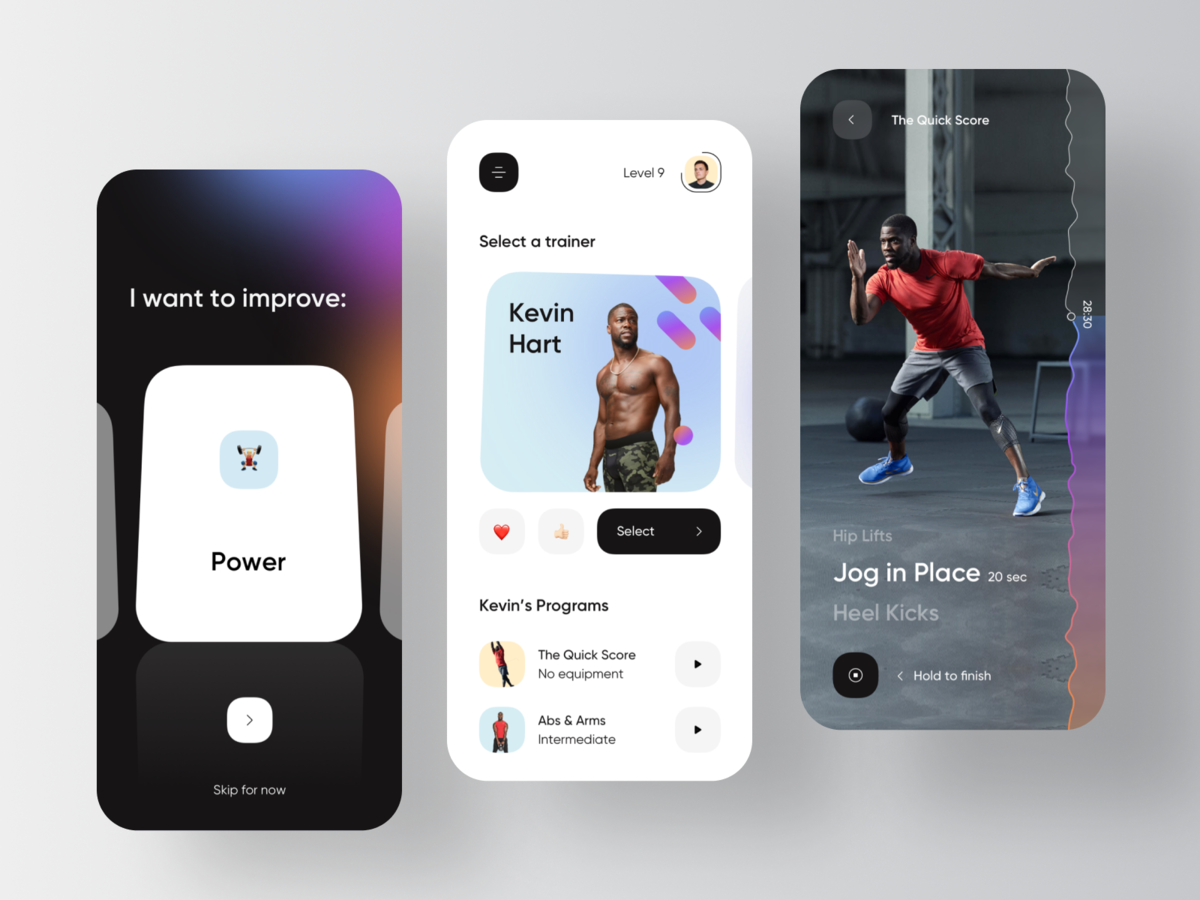
Fitness App Development: Trends & Technologies Shaping Future
By Udit Agarwal

In recent years, the fitness industry has undergone a digital revolution, with the emergence of fitness apps transforming the way individuals approach health and wellness. These apps offer users personalized workout routines, nutrition tracking, and motivational support, empowering them to achieve their fitness goals conveniently and efficiently. As the demand for fitness apps continues to rise, developers are leveraging cutting-edge trends and technologies to shape the future of fitness app development.
Personalization and Customization:
Personalization lies at the heart of modern fitness apps, allowing users to tailor their workout plans and nutrition goals according to their preferences and requirements. Advanced algorithms analyze user data, such as fitness level, health metrics, and workout history, to generate personalized recommendations and adaptive training programs. By offering customized experiences, fitness apps foster greater engagement and motivation among users, leading to improved adherence to fitness routines and better long-term outcomes.
Integration of Wearable Devices:
Wearable devices like fitness trackers and smartwatches have become cornerstones of fitness app development. These devices collect real-time data on users’ activity levels, heart rate, sleep patterns, and more, providing valuable insights into their overall health and fitness. Fitness apps leverage this data to offer personalized recommendations, track progress, and provide real-time feedback, enhancing the user experience and promoting accountability. Seamless synchronization between fitness apps and wearable devices ensures that users can access comprehensive health and fitness data across multiple platforms, enabling them to make informed decisions about their well-being.
Gamification and Social Engagement:
Gamification techniques, such as rewards, challenges, and leaderboards, have become increasingly popular in fitness app development as they incentivize users to stay active and motivated. By gamifying fitness activities, apps transform mundane tasks into engaging experiences, fostering a sense of achievement and competition among users. Additionally, social features like social sharing, group challenges, and community forums create a sense of belonging and accountability as users connect with like-minded individuals and share their fitness journey with others. This social interaction boosts motivation and emotional support, helping people achieve their fitness goals.

Artificial Intelligence and Machine Learning:
Artificial intelligence (AI) and machine learning (ML) technologies are revolutionizing the fitness app landscape, enabling developers to create more intelligent, adaptive, and predictive solutions. AI-powered algorithms analyze vast amounts of data to identify patterns, trends, and correlations, helping to optimize workout routines, predict user behavior, and personalize recommendations. Machine learning models can also detect anomalies, such as irregular heart rhythms or unusual activity patterns, alerting users to potential health issues and prompting them to seek medical attention. By harnessing the power of AI and ML, fitness apps can deliver more accurate, actionable insights and improve overall user engagement and satisfaction.
Virtual Reality and Immersive Experiences:
Virtual reality (VR) and augmented reality (AR) technologies are poised to revolutionize how users engage with fitness apps, offering immersive and interactive experiences that transcend traditional workout routines. VR-enabled fitness apps transport users to virtual environments, such as scenic landscapes or exotic destinations, where they can engage in immersive workouts, guided meditation sessions, or interactive games. AR overlays virtual elements onto the real world, allowing users to interact with virtual objects and characters as they exercise outdoors or indoors. By incorporating VR and AR technologies, fitness apps create novel, engaging experiences that motivate users to stay active and committed to their fitness goals.
In conclusion, fitness app development is evolving rapidly, driven by emerging trends and technologies shaping the fitness industry’s future. From personalized experiences and wearable integration to gamification, AI, and VR, fitness apps are becoming more intelligent, interactive, and immersive than ever before. As developers continue to innovate and explore new possibilities, the future of fitness app development holds immense promise for empowering individuals to lead healthier, more active lifestyles. By embracing these trends and technologies, fitness apps will play a pivotal role in helping users achieve their fitness goals and improve their overall well-being in the years to come.